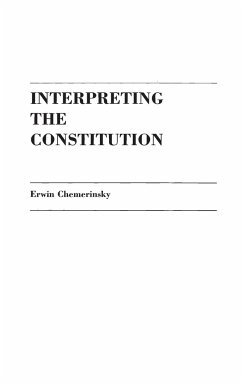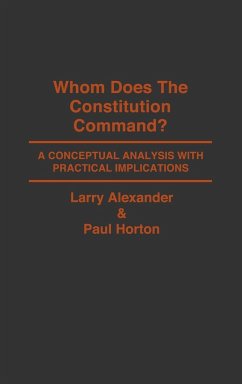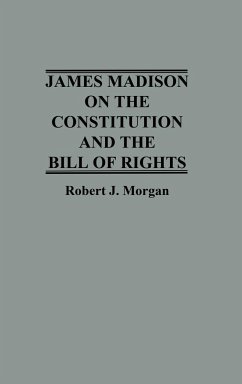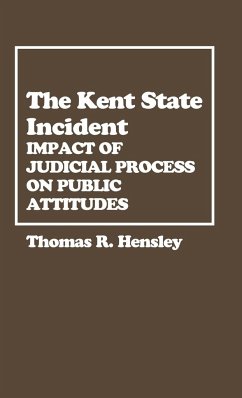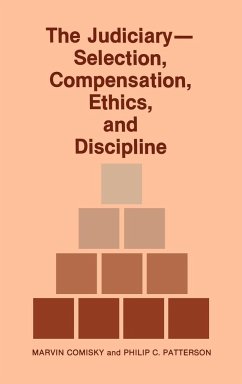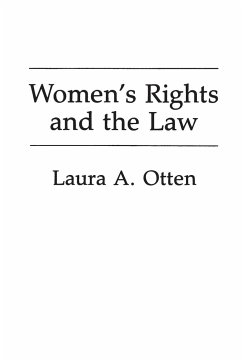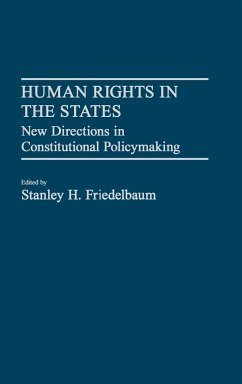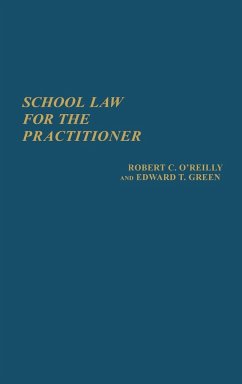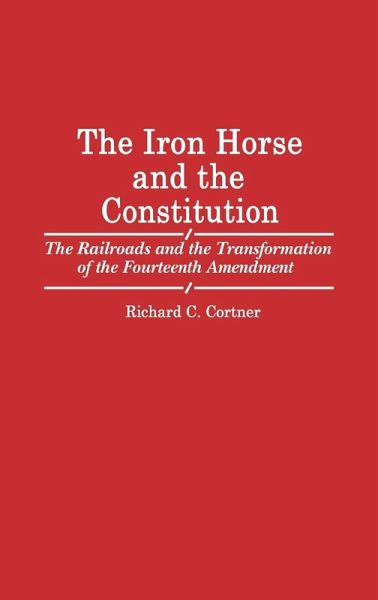
The Iron Horse and the Constitution
The Railroads and the Transformation of the Fourteenth Amendment
Versandkostenfrei!
Versandfertig in 1-2 Wochen
88,99 €
inkl. MwSt.

PAYBACK Punkte
44 °P sammeln!
This is the first in-depth analysis of American railroad litigation from the 1880s to 1910 that led to landmark decisions by the Supreme Court, fundamentally altering the meaning of due process in American constitutional law and establishing a basic power of the federal courts to restrict state regulation over railroad rates. This is the first book-length study systematically to explore the impact of American railroads on the courts and the U.S. Constitution. Historians, political scientists, and legal scholars interested in decisions that profoundly affected contemporary views on the Constitu...
This is the first in-depth analysis of American railroad litigation from the 1880s to 1910 that led to landmark decisions by the Supreme Court, fundamentally altering the meaning of due process in American constitutional law and establishing a basic power of the federal courts to restrict state regulation over railroad rates. This is the first book-length study systematically to explore the impact of American railroads on the courts and the U.S. Constitution. Historians, political scientists, and legal scholars interested in decisions that profoundly affected contemporary views on the Constitution, and the political strategy and tactics used by the railroads to affect the judicial process, will gain new insights from this study. The introduction covers the disastrous defeat that the railroads suffered at the hands of the Supreme Court in the 1877 Granger Cases when the roads first challenged governmental regulation of railroad rates. Chapters 1 through 5 analyze their victories in the 1880s and 1890s as they sought to establish substantive due process as a valid doctrine. Chapters 6 through 9 describe the subsequent litigation to circumvent the Eleventh Amendment's apparent bar to injunction suits against state officers in the federal courts, culminating in a Supreme Court landmark decision of 1908. The epilogue shows how these decisions had a lasting impact on constitutional development in the United States in relation to civil liberties and contemporary constitutional law.





